Eduwatch Partners With Kwame AI To Expand Coding Education In Underserved Ghanaian Communities
| 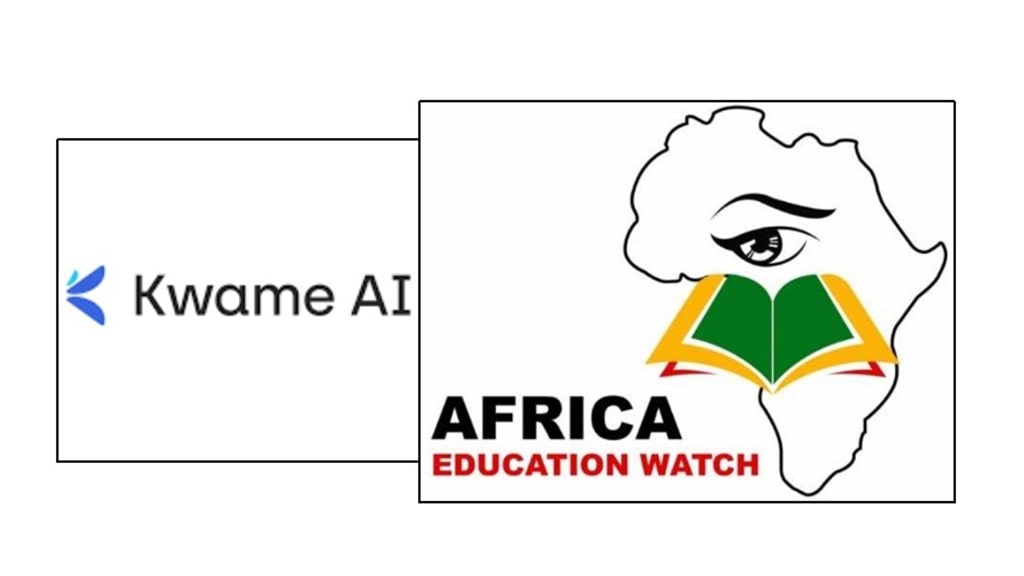 | |
|
On Thursday, August 14, Eduwatch signed a collaborative agreement with Kwame AI Inc., developers of SuaCode—an AI-powered, smartphone-based coding course—to promote digital literacy and coding education in underserved schools and communities across Ghana. The initiative is supported by Deloitte Switzerland.
Under the partnership, Eduwatch will identify and onboard 500 Junior High School students to benefit from coding scholarships delivered through the SuaCode platform, while providing technical and implementation support for the programme’s rollout. Kwame AI will grant learners access to the platform, equipping them with practical coding skills to help bridge Ghana’s digital skills gap.
Eduwatch and Kwame AI are optimistic about the partnership’s potential to strengthen the digital competencies of young people and advance the integration of innovative learning tools into Ghana’s education system, particularly in communities with limited access to ICT infrastructure.
© Africa Education Watch | |
|
|
|
Eduwatch Launches 2025 Annual Policy Survey
| 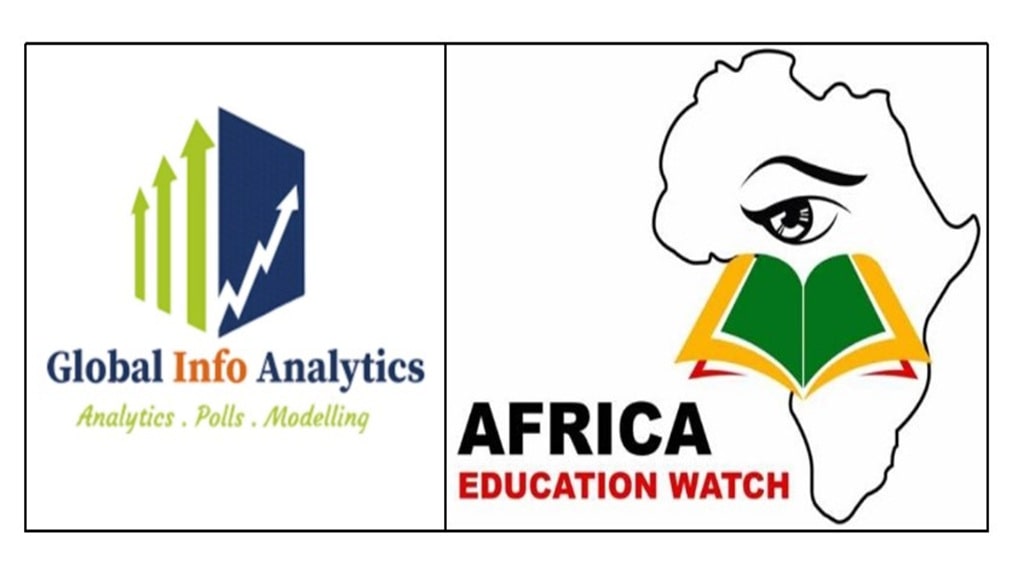 | |
|
On September 7, Eduwatch, in partnership with Global InfoAnalytics, commenced its 2025 Annual Policy Survey. This year’s survey seeks to gauge citizens’ satisfaction with key education-related policies and interventions, including:
The No Fee Stress Policy
Free Sanitary Pads
SHS Feeding
Tablets for SHS
The survey will engage over 10,000 adults nationwide, ensuring broad representation of perspectives across Ghana. Findings will be published in November 2025 to inform public discourse and guide evidence-based policy-making.
© Africa Education Watch
| |
|
|
|
Eduwatch Demands Urgent, Nationwide Inquiry Into Examination Malpractices
| 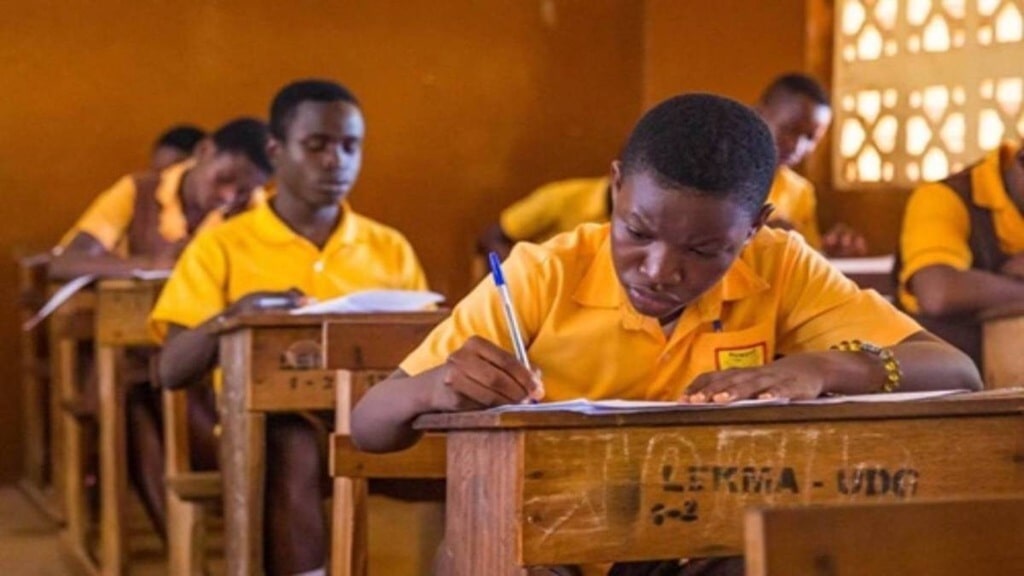 | |
|
On Wednesday, September 10, following the release of a JoyNews Hotline Investigation that exposed how some officials of the Ghana Education Service (GES), together with supervisors, headteachers, and invigilators, colluded to compromise the integrity of the 2025 Basic Education Certificate Examination (BECE), Eduwatch issued a public statement calling for an urgent, nationwide inquiry into examination malpractices captured on camera and beyond.
Eduwatch stated that the revelations pointed to “systemic lapses that continue to undermine the credibility of Ghana’s external assessment system, raising serious questions about the integrity of examinations that serve as gateways to further education.” The statement cautioned that treating such incidents as isolated cases, and punishing only those directly implicated, would fail to address the root causes.
Eduwatch therefore called on the Ministry of Education to “immediately establish a high-level Committee of Inquiry to determine the full scope and dimensions of examination malpractice across the country.” It emphasized that the outcome of this process should inform systemic reforms that ensure fairness, restore public confidence, and safeguard the future of Ghana’s education system.
The full statement is available via the link below:
https://africaeducationwatch.org/publication/call-for-a-committee-of-inquiry-into-examination-malpractice-in-ghana
© Africa Education Watch
| |
|
|
|
PTA Guidelines Committee Submits Report To Education Minister
| 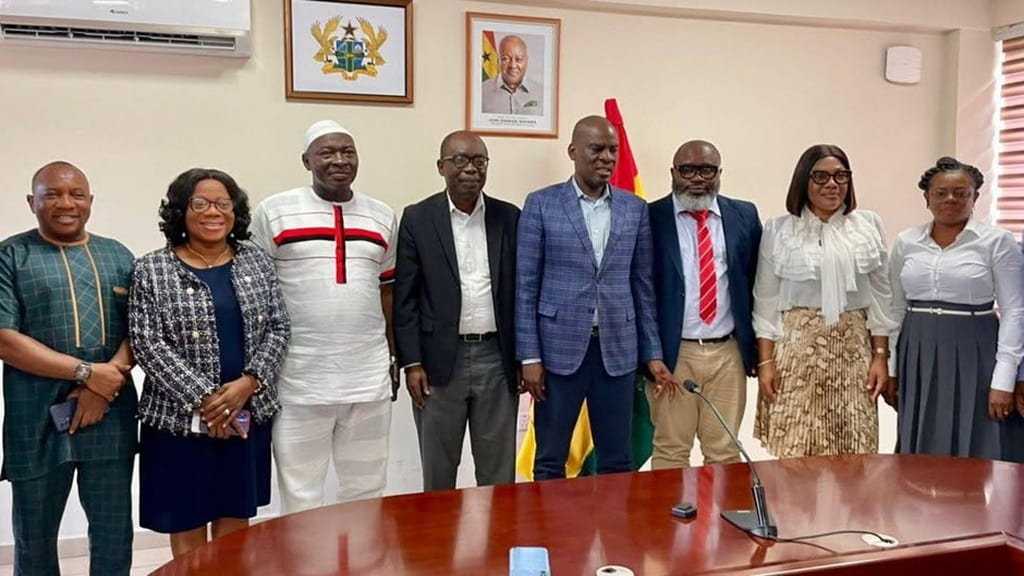 | |
|
On Thursday, September 25, the Parent-Teacher Association (PTA) Guidelines Committee, chaired by Eduwatch’s Executive Director, Kofi Asare, formally presented its report to the Minister for Education, Hon. Haruna Iddrisu.
Key provisions in the new National PTA Guidelines include:
1. Membership: Only parents or guardians with wards enrolled in a particular school may serve as PTA members/executives.
2. Leadership Tenure: Executives may serve two terms of two years each at the basic level, and one two-year term at the secondary level.
3. Strengthened Accountability: PTA accounts will be audited annually by the Auditor-General, with Annual Reports submitted to the SMC, DEO/REO, and DEOC.
4. Checks and Balances: School heads must approve before PTA executives access PTA funds.
5. Teacher and PTA Finances: Teachers are prohibited from collecting PTA levies or being signatories to PTA accounts.
6. Teacher Roles: Teachers advise and update PTAs on academic and school management issues.
7. No Child Disadvantaged: No learner shall be denied participation in school activities due to unpaid PTA levies.
8. Levy Approval: PTA levies require annual DEOC approval based on approved plans, budgets, and reports.
9. National Dialogue: An annual national PTA conference will be held with the GES Director-General and regional representatives.
10. Broader PTA Role: PTAs will evolve beyond fundraising to include active participation in teaching and learning improvement, discipline, and school management.
While these measures aim to enhance accountability, inclusion, and collaboration between parents, teachers, and school leadership, effective compliance and GES oversight will be key to achieving meaningful impact.
Eduwatch will continue to monitor and engage the Ministry on effective implementation of these guidelines nationwide.
© Africa Education Watch
| |
|
|
|
Eduwatch Participates In AFIDEP & CAP-YEI’s Policy Dialogue On Youth Employment
| 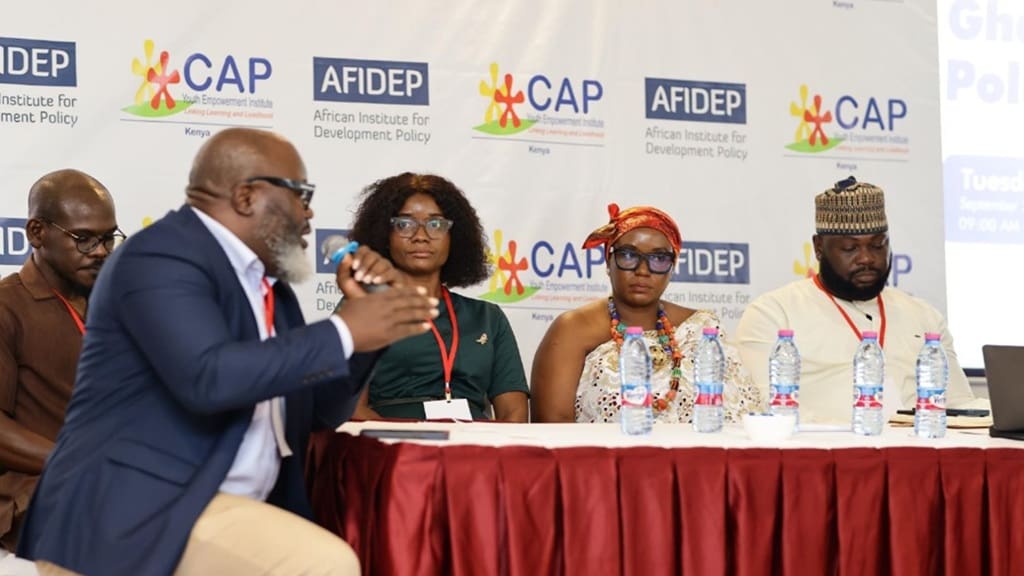 | |
|
On Thursday, September 25, Eduwatch participated in a Policy Dialogue on Youth Employment in Accra, organized by the African Institute for Development Policy (AFIDEP), CAP Youth Empowerment Institute (CAP-YEI), and the University of Ghana Business School (UGBS). The high-level forum brought together key stakeholders to explore strategies for promoting dignified and fulfilling work opportunities for Ghanaian youth.
Eduwatch’s Executive Director, Kofi Asare, speaking on the panel on Youth Employment Policy Implementation in Ghana: Lessons Learnt and the Way Forward, reaffirmed Eduwatch’s commitment to supporting government efforts to develop responsive youth employment policies through skills development and protection systems.
He emphasized the need to align secondary school students’ interests with national skills needs to ensure that Ghana’s education system trains learners in line with labour market priorities, avoiding duplication and inefficiency in training investments.
The dialogue convened representatives from government, the private sector, development partners, academia, civil society, and youth networks.
© Africa Education Watch
| |
|
|
|
Eduwatch Disseminates Findings Of A Gender Transformative Review Of Ghana's Standards-Based Curriculum
| 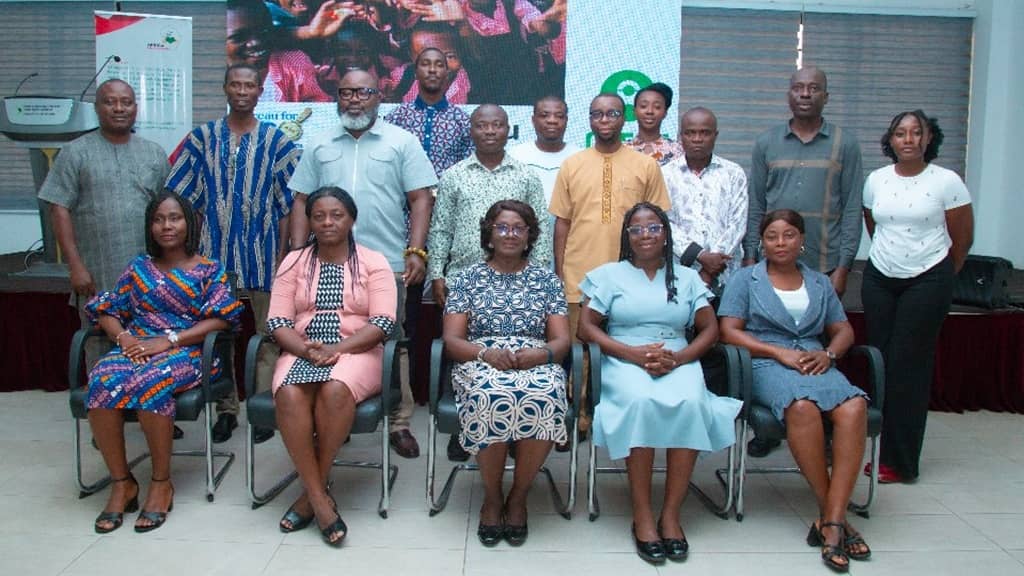 | |
|
On Thursday, October 2, Eduwatch, with support from Oxfam, convened a stakeholder dissemination meeting in Accra to share findings from its Gender Transformative Review of Ghana’s Standards-Based Curriculum (SBC). The review examined the SBC’s responsiveness to gender equity, its ability to challenge harmful stereotypes, and its potential to empower both girls and boys.
Key Findings:
1. While the curriculum expresses gender-equity intentions, it lacks practical tools and indicators for classroom-level transformation.
2. Many NaCCA-approved textbooks continue to portray male dominance in leadership, public service, and STEM-related roles.
3. Opportunities for building girls’ confidence and leadership remain limited.
4. Boys are not intentionally positioned as allies in gender equality, missing a chance to nurture positive masculinity.
5. Teachers lack clear guidance on managing gender dynamics and addressing stereotypes.
Key Recommendations:
1. The MoE and its agencies should adopt a robust M&E framework to track gender responsiveness within teaching and school culture.
2. Introduce structured opportunities for girls to lead, present, and engage in public speaking, particularly in STEM.
3. Ensure textbooks and learning materials promote positive masculinity and gender equality.
4. Equip teachers with training and tools to foster equitable participation and challenge gender bias in classrooms.
Stakeholders emphasized the need to move from gender awareness to genuine gender transformation, linking classroom reforms to broader social change. They called for stronger advocacy to address harmful cultural beliefs and promote assertiveness as a key indicator of gender transformation in education.
Eduwatch will engage the MoE, Parliament, GES, and the National Development Planning Commission (NDPC) to ensure recommendations inform the next Education Sector Medium-Term Development Plan (2026–2029) and NaCCA’s ongoing curriculum review.
Stakeholders included representatives from NaCCA, GES, District Education Offices, CSOs, academia, and the media.
Full report available via the link below:
https://africaeducationwatch.org/publication/gender-transformative-review-of-ghanas-standards-based-curriculum
© Africa Education Watch
| |
|
|
|
|